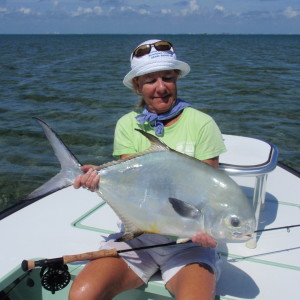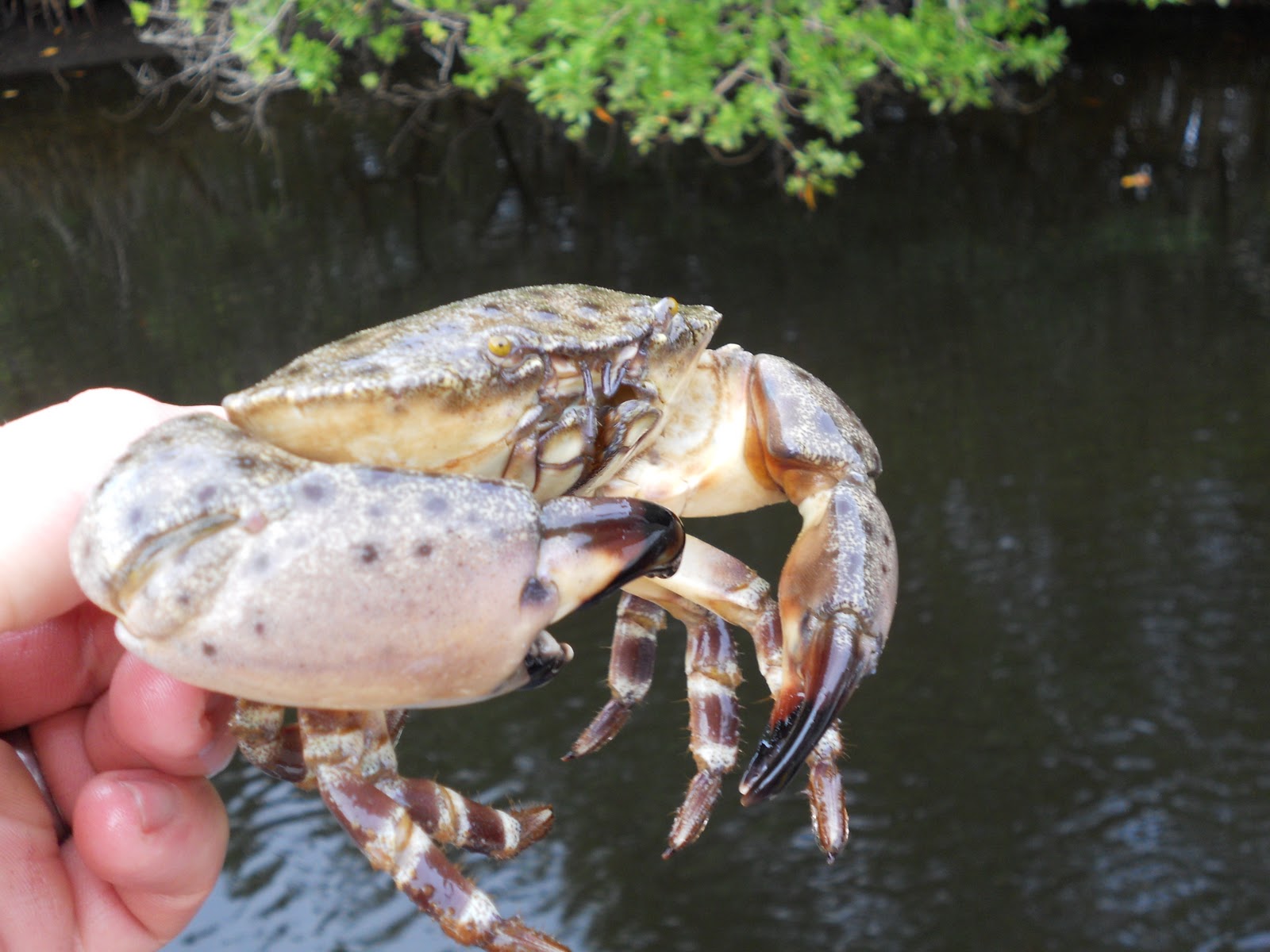Big changes are coming for Florida’s 2020-21 stone crab season, aimed at shoring up declining landings and building the resiliency of one of the state’s most valuable fisheries.
The season will be two weeks shorter. Minimum claw size will increase. And beginning in 2023, escape rings will be required on all plastic and wooden stone crab traps.
The Florida Fish and Wildlife Conservation Commission recently adopted the new rules in response to a 22 percent decline in landings since the late 1990s, likely a result of overfishing and environmental factors like red tide, hurricane-related trap loss, warming waters, and declining water quality. Meanwhile, dockside prices have skyrocketed.
Here’s a rundown of the new rules that the commission developed, after numerous public workshops and in consultation with an industry-led advisory committee:
• The harvest season will open Oct. 15 as usual but will close on May 1 instead of May 15. State fisheries scientists and some crabbers agree shortening the season will protect egg-bearing females that are now being trapped in increasing numbers in April and May.
• The minimum claw size limit will be increased by 1/8 inch to 2 7/8 inches.
• Escape rings measuring at least 2 3/16 inches in diameter will be mandatory before the 2023-24 harvest season in order to select for legal-sized claws and to spare juveniles.
• Possession of whole crabs on vessels will be limited to two checker boxes with a total volume of 24 cubic feet.
“The changes are needed to rebuild the stock and the resiliency,” said Krista Shipley of the state Division of Marine Fisheries Management. “A combination of management changes would have the largest possible benefit.”
But not all stone crabbers agree.
Kelly Kirk of the Florida Stone Crabbers Association urged commissioners to hold off on new regulations while the world is still in the grip of the covid-19 health and economic crisis.
“Delay making these decisions until after the pandemic and more data is collected,” Kirk said.
More impassioned pleas spoke to the toll this and other crises has taken on commercial fleets.
“We as commercial fishermen have suffered greatly,” association member Holly Dudley. “We are faced with losing our livelihoods if these regulations are passed. If it isn’t Mother Nature working against us, it’s the state.”
Captain Bill Kelly, executive director of the Florida Keys Commercial Fishermen’s Association, said a May 1 closure will benefit the fishery.
“If we shave the back side of the season to May 1, it will give us 360,200 pounds per year back in the stone crab biomass,” Kelly said.







